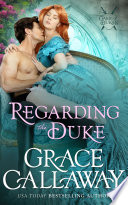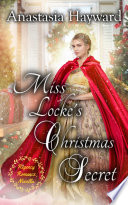A popular superstition alive in the Regency era had all to do with an uneven number of dinner guests. Apparently, if the number of guests at a table reached 13, it was a bad omen. Of death. Specifically, death to the youngest at the table and within a year of the dinner party.
Current Literature, Volume 8 (1891)
Historians argue this tradition comes from the Last Supper. Jesus + 12 apostles = 13 guests. And of course, the next day was Jesus’ crucifixion (https://www.history.com/topics/folklore/friday-the-13th). The crucifixion being on Good Friday gave way to another well known superstition of Friday the 13th. This was so well known that a New Yorker in the late 1800s founded an exclusive Thirteen Club to try and remove the stigma. This article goes so far to describe Friday the 13th as “a meme disguised as superstition”.
Generally, 13 has a long tradition of being an unlucky number. I once lived on the 13th floor of a building…but it was called the 14th because we had no 13th floor. A common practice when the building was built in the 60s. Some historians point to 12 being considered a “perfect” or harmonic number by the ancients is really where the idea that 13 is unlucky stems from (https://www.history.com/news/whats-so-unlucky-about-the-number-13). In any case, it serves as a reminder that when planning a dinner party on page, a Regency host or hostess would’ve never had the numbers at 13. First, because superstition. And second, because it represented an uneven number of ladies and gentlemen.
Are Regency superstitions and paranormal of interest to readers? Give me a shout in the comments or on Twitter. You can also ask a question and we will research to find an answer.
Interested in removes at a Regency dinner party? Check out this post.
Want to know how people went to the bathroom during dinner parties in the Regency? I have a post for you!
For more 19th century superstitions, check out this post from Geri Walton’s amazing historical website: https://www.geriwalton.com/curious-superstitions-of-early-1800s/









